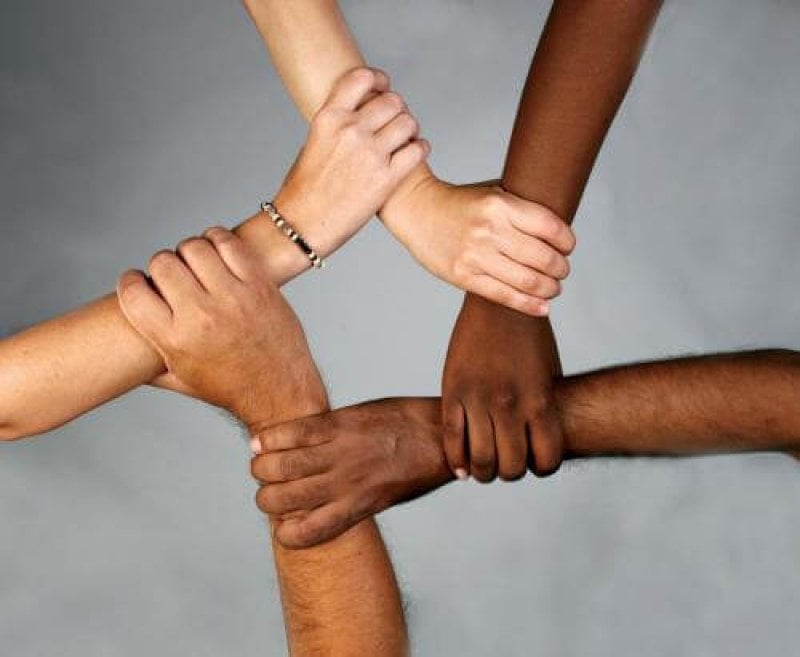The GLP aggregated and excerpted this blog/article to reflect the diversity of news, opinion and analysis.
At the annual meeting of the American Sociological Association, sociologists debated a controversial issue: do genes or the social environment determine our behavior and health? Precisely, does nature or nurture determine the outcome of racial differences and racial inequality found throughout society?
In the new issue of The ANNALS of the American Academy of Political and Social Science we edited, I have gathered (with Professor W. Carson Byrd) an array of experts on race, science, technology, and society to explain how the fiction of “race” can have very real consequences. By exploring both biological determinism and racial essentialism together — what I and Professor Byrd call the “ideological double helix” — we explain how misunderstandings of race, genes, and inequality frequently creep into supposedly an objective science.
First, some explanation of our terms: “Biological determinism” is the belief that race is a genetic reality that regulates how we behave. Correspondingly, “racial essentialism” is the belief that people of different racial and ethnic groups have specific behaviors that are unique to their group. When these two beliefs intertwine — similar to the double helix of DNA — they provide a powerful faith that distorts reality, even among our best and brightest. Many then interpret racial inequality as a “natural” set of differences and outcomes, and can be dismissive of how the unequal lives we lead are powerfully shaped by the social environment.
Read full, original post: The Risks of Turning Races Into Genes































